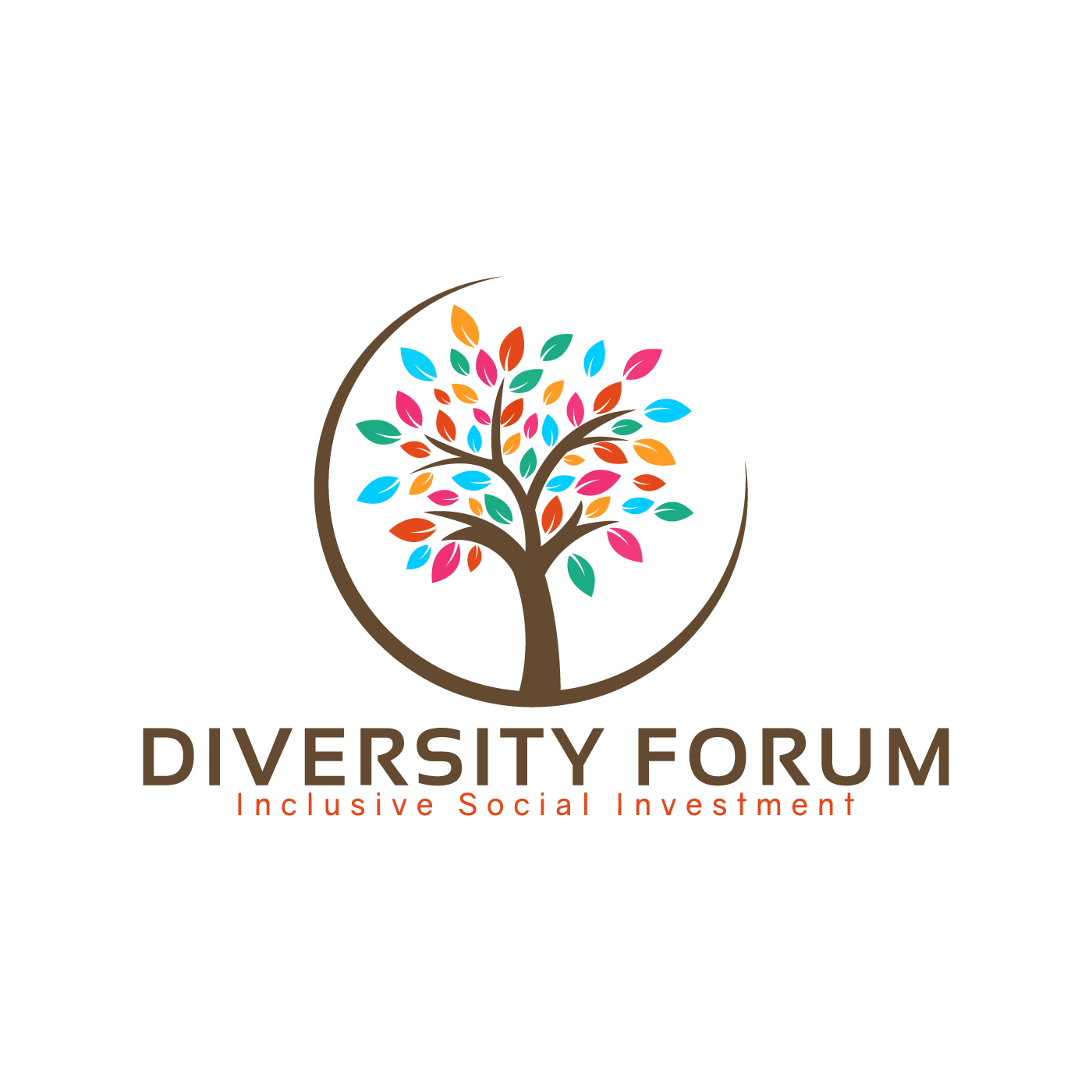The Problem
The Social Impact Investors Group and Big Society Capital recently came together in 2017 to commission a rapid survey on diversity and equality.
The Diversity Survey received 233 responses, providing a substantial sample size which confirmed a glaring disconnect in the socio-economic backgrounds of social investors making decisions, individuals running social services, and individuals seeking funding for their organisations.
A summary of the results can be found here.
Key Findings
52% of individuals in investment management are women, indicating a fair balance in these roles.
However, only 28% of women are
represented in leadership teams
of social investment firms.
This trend is exacerbated in the wider
financial services sector, with only
14%of women represented in
executive boards.
(Oliver Wyman, Women in Financial Services, 2016)
The survey found that women representation is generally balanced in back-office roles and investment management roles, but this representation distinctly falls at the point of decision-making. For Black, Asian and Minority Ethnic (BAME) individuals, it was found that BAME individuals seldom progress beyond back-office roles.
The implications of these findings can be summarised into two levels:
First, we may not be recruiting or retaining the ‘best’ people for the work that we do.
Second, these findings suggest the existence of unconscious biases which can influence how finance is allocated.
There is better evidence for the former, while the latter is a big concern for the industry.
Who Will Benefit?
There is both intrinsic and instrumental value inherent in promoting investor diversity within social investment. To help the UK achieve our common vision of a “bigger, stronger society” as stated in the 2011 government strategy on social investment, we need to ensure that our sector is also grounded in principles of inclusion, representation and justice.
We believe that improving the diversity and inclusion of social investment will benefit three main groups – VCSE organisations, individuals working in the social investment space, and the funds and investors themselves.
1. VCSE Organisations
VCSEs may are currently underserved by social investment for a myriad of reasons, including unconscious biases and a sense of exclusivity of who social investment is there to serve.
For example, social enterprises in the North East have complained of a class bias, which deters southern-based intermediaries and investors from working with organisations whose context and impact they don’t understand.
Increasing the diversity of the people working in social investment should broaden its appeal and counter the sense of 'them vs. us'.
2. Individuals in Social Investment
People working in social investment, particularly those with protected characteristics can benefit from investor diversity.
Educating organisations of their obligations under the Equality Act and offering support with their recruitment, retention and promotion practices will reduce the instances of discrimination faced by those in the sector. It will also reduce the likelihood of people, particularly with protected characteristics, being deterred from applying or being unaware of the opportunities to work in this sector.
Increasing the diversity of the workforce as a whole will also reduce the exclusion and outsider-ness that can be experienced when there is only minority representation.
3. Investors & Impact Funds
A more inclusive sector will increase the pipeline of investible organisations, better enabling investors to deploy their capital. It is widely acknowledged and proven that “gender diversity in business increases diversity of thought, which leads to better decision” (Economist, September 30th, 2017).
It therefore follows that increasing the diversity of the people who work in social investment, particularly those at investment committee and board level, will lead to better decision making and ultimately investments and investment returns for the funds that employ them. This in turn should lead to improved social impact, and results for the VCSE and beneficiaries that the funds serve.





